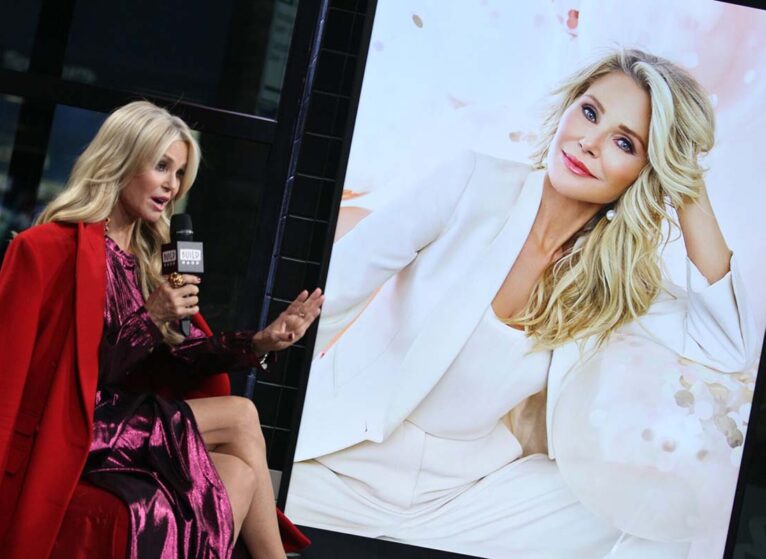Christie Brinkley’s Basal Cell Cancer Teaches Us 3 Key Things
Millions of people get basal cell carcinoma each year. It's the most common skin cancer. It's not surprising that a celebrity would have it, too. And when it’s a gorgeous model like Christie Brinkley, the reminder is clear that we are all susceptible.
It’s easy to ignore daily skin cancer prevention. Putting on daily sunscreen takes effort that may not seem worth it. But if someone who is the picture of health and beauty got skin cancer, all of us should pay attention.
#1 Pay Attention to Your Skin
How did Christie Brinkley find out she had basal cell carcinoma? She noticed a new bump on her skin when applying makeup.
Everyone's skin has bumps, moles, pimples, and other harmless features. Some of these are in places you don’t see or touch often. But as Brinkley’s story shows, watching and monitoring your skin is just one of those things you can’t outsource.
The lesson? Don’t ignore your body’s landscape.
What you can do: Put a time on your calendar to perform your own skin scan. You can do it at the same time as a monthly breast self-exam. Think of it as part of a self-care focus that can save your life.
Not sure what to look for? Learn about signs of skin cancer.
#2 Have a Doctor Look at New Bumps & Moles
Brinkley only found out she had basal cell carcinoma by asking her kid’s doctor to take a quick look.
Get a Skin Cancer Screening
Put a full-body scan on the calendar.
You might feel embarrassed to bring something up – afraid of being perceived as a hypochondriac or whiny. With skin cancer, no bump is too small to be worthy of a look.
The lesson? Be bold.
What you can do: Even if you don’t see a dermatologist, you can still ask your primary care doctor to look at new or changed bumps or moles.
#3 Get Serious About Sunscreen Now
Brinkley notes that she started getting serious about skin cancer prevention late in life. That’s understandable. When you’re young, it’s easy to feel invincible and untouchable.
But sunburns don’t just fade; they add up.
When skin cancer appears on the skin of someone in middle to late age, most likely it began decades before. The sun exposure you have now will impact your health — and your life — later.
The lesson? Don’t wait to start using sunscreen.
What you can do: Start a sun protection routine today. It can have lifelong benefits. Have kids? Get your children in the habit of wearing sunscreen, too.
Pro tip: Choose a broad-spectrum sunscreen with an SPF of 30 or higher.


